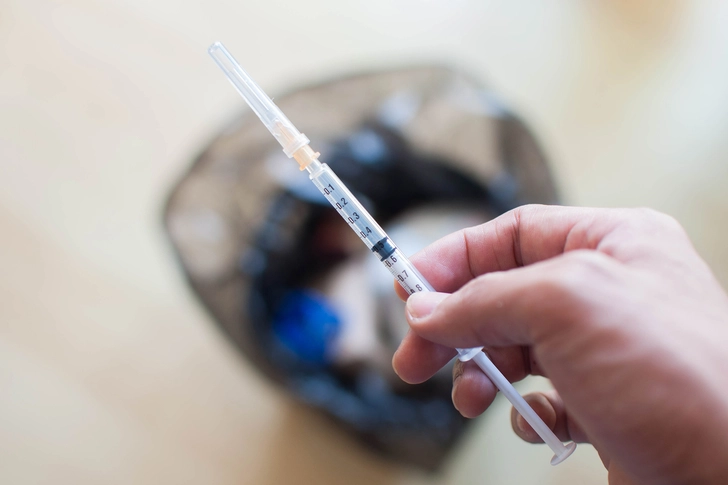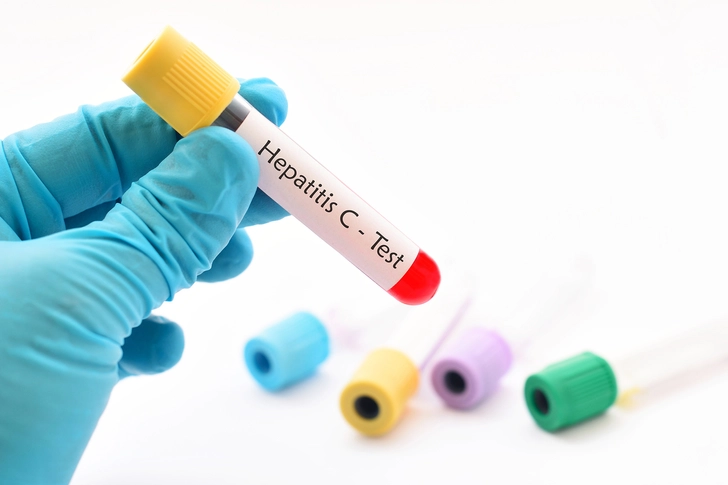Catch It Early: 8 Reasons to Get Tested For Hep-C Right Now


Eight Reasons To Get Tested For Hep-C ASAP
Hepatitis C is a viral infection that damages your liver. You need your liver to help detoxify your blood and perform other crucial bodily functions. Other versions of hepatitis exist, like Hep-A and Hep-B.
The only way to know for sure whether or not you have Hep-C is to get tested. Read on to discover all of the reasons why everyone needs to get tested for Hep-C.

1. Hep-C Can Be Cured
All forms of Hep-C can be cured. But, without a diagnosis, your condition could get progressively worse. Later stages of Hep-C lead to scarring of your liver, called cirrhosis. It can also cause liver cancer and even death if it’s left untreated for too long.

2. The CDC Recommends It
The Centers for Disease Control and Prevention (CDC) currently recommends that every person over the age of 18 get tested for Hep-C at least once.
Women should also get tested during every pregnancy to ensure that they won’t pass the virus onto their child.
The only exception to this recommendation is if the incidence of Hep-C is less than 0.1% in your population.

3. You Could Clear Acute Hep-C Without Treatment
In some instances of acute (quick, sudden) Hep-C infections, people are able to clear the virus on their own. Their livers are able to heal themselves.
You’re more likely to clear it without medical intervention if you know that you have the virus in the first place. This’ll allow you to rest, stop drinking alcohol, and drink plenty of fluids, all of which are steps that can help you recover from acute Hep-C.

4. Most People Don’t Have Symptoms for Years
Most people won’t even know that they have Hep-C until it has caused years' worth of liver damage. You could easily have come in contact with an infected person, like a sexual partner, who had the condition and didn’t know it.
Then, without testing, it could be years after the exposure before you realize that you have Hep-C. The safest route is to get tested as soon as possible and know for sure.

5. You Can Get Reinfected
Having Hep-C doesn’t make you immune to future infections.
If you’ve recovered from a Hep-C infection in the past, you still need to get tested every time you engage in an unsafe activity — like sharing a needle or exposing yourself to the blood or semen of an infected individual.

6. Testing Can Be Cheap or Free
Many community medical facilities have free or low-cost Hep-C testing programs. Some states, like New York, have Hep-C programs that are specifically designed to work with people who don’t have health insurance.
You can look online or talk to a doctor to find the best medical facility or program near you.

7. There Isn’t a Vaccine For Hep-C
Vaccines exist for other versions of hepatitis, like Hep-A and Hep-B. But you can’t protect yourself from Hep-C in the same way. A test is the only way to know for sure whether or not you have Hep-C.

8. You Could Be in a High-Risk Category
People who share needles and people on dialysis should be tested for Hep-C on a regular basis.
Otherwise, you should get tested at least once if you encounter a high-risk situation. You fall into a higher risk category if you:
- Come into regular contact with blood at work
- Have had unprotected sex with someone who may have Hep-C or multiple partners
- Had a blood transfusion before 1992
- Have HIV
- Have other sexually transmitted diseases
- Were born between 1945 and 1965
PHOTO CREDITS:
1. iStock / Getty Images
2. iStock / Getty Images
3. iStock / Getty Images
4. LightRocket / Getty Images
5. Moment / Getty Images
6. Stone / Getty Images
7. Moment / Getty Images
8. The Image Bank / Getty Images
9. iStock / Getty Images
10. E+ / Getty Images
SOURCES:
Centers for Disease Control and Prevention: “Hepatitis C Questions and Answers About the Public.
Centers for Disease Control and Prevention: “Hepatitis C.”
Centers for Disease Control and Prevention: “Testing Recommendations for Hepatitis C Virus Infection.”
American Liver Foundation: “Treating Hepatitis C.”, “Diagnosing Hepatitis C."
Mount Sinai: “Hepatitis C.”
NYC Health: “Hepatitis C.”